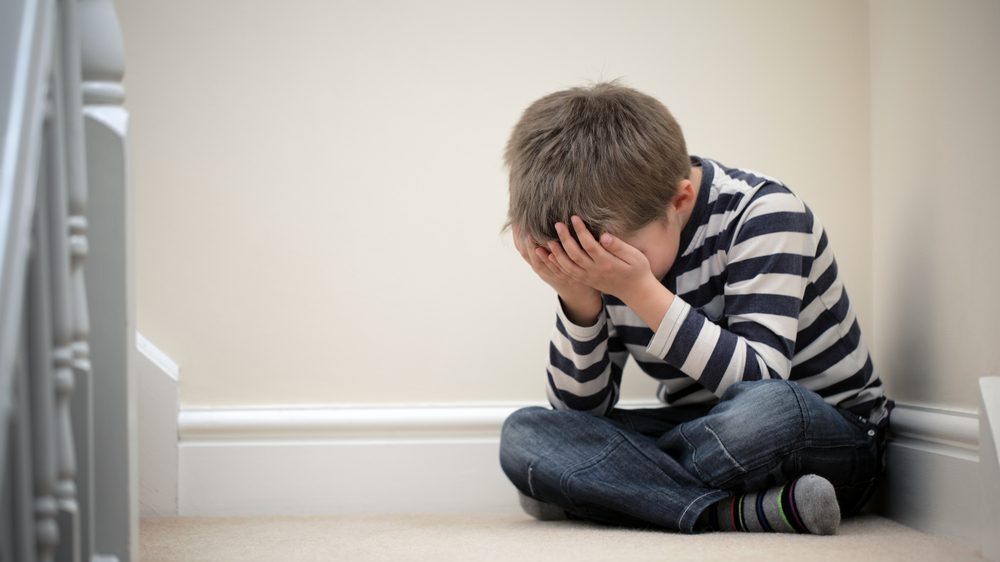
A new study has revealed that the months of lockdowns enacted by Boris Johnson’s Tory government during the COVID-19 pandemic stunted the emotional and social development of nearly half of children in England, suggesting that the impact of the ill-thought-out measures goes far beyond arrested academic progress and truancy numbers.
The study, the first of its kind, was carried out at the end of England’s third national lockdown by the Institute for Fiscal Studies (IFS) and UCL Institute of Education. It surveyed more than 6,000 parents across England in an attempt to measure the impact the lockdowns had on children’s emotional and behavioral development.
Surveyed parents reported having observed increased levels of anxiety and depression in their children, a greater tendency for tantrums, and noticed issues with negative self-esteem that were not present before the lockdowns.
While research indicates that lockdowns affected children across all socioeconomic backgrounds, those between 4 and 7 years old were markedly more likely to have suffered setbacks to their emotional and behavioral development than were 12- to 15-year-olds. For example, 52% of parents reported having observed the social and emotional development of their children aged four to seven worsen during the first year of the pandemic, compared to 42% of parents with children aged 12 to 15.
Nearly half (47%) of parents said their children’s emotional and social development had actually regressed during the first year of the pandemic. Conversely, only one in six parents reported witnessing social and emotional development in their children during this period.
Commenting on the IFS/UCL study’s results, UK educationalist and current Children’s Commissioner for England Dame Rachel de Souza noted: “As we come out of the shadow of the pandemic, the extent of the crisis in children’s mental health is becoming more and more evident.”
The study’s findings, she continued, have revealed “the disruption the pandemic caused to children’s development has been long-lasting,” adding that it’s “vital that the right social and emotional support is made available to allow children the chance to recover and go on to achieve all that they want to.”
Rachel’s comments were echoed by Anne Longfield, who served as the Children’s Commissioner for England at the time of the pandemic:
The impact of the pandemic on the well-being and development of many of our children is extremely alarming … I am not convinced though that the Government fully grasps the scale of the problem or the long-term consequences for our society and economy.
Andrew McKendrick, one of the authors of the IFS/UCL report, is also concerned about the lockdown’s long-lasting consequences on children’s lives.
There’s been some discourse suggesting that children will bounce back and this has not been long-lasting. Wider evidence outside our study has shown that this kind of disruption to children can have long-lasting consequences.
Arabella Skinner, the chief of staff for the parents’ campaign group UsForThem, which advocates for the best interests of children in the educational system, has urged the government to take action immediate action to help children, who she says became “collateral damage” during the pandemic, recover lost ground:
It is an unavoidable fact that many of our children’s development has been negatively impacted by the pandemic restrictions. The Government must take action now—they need to support all the services which support our children and ensure that this never happens again.
